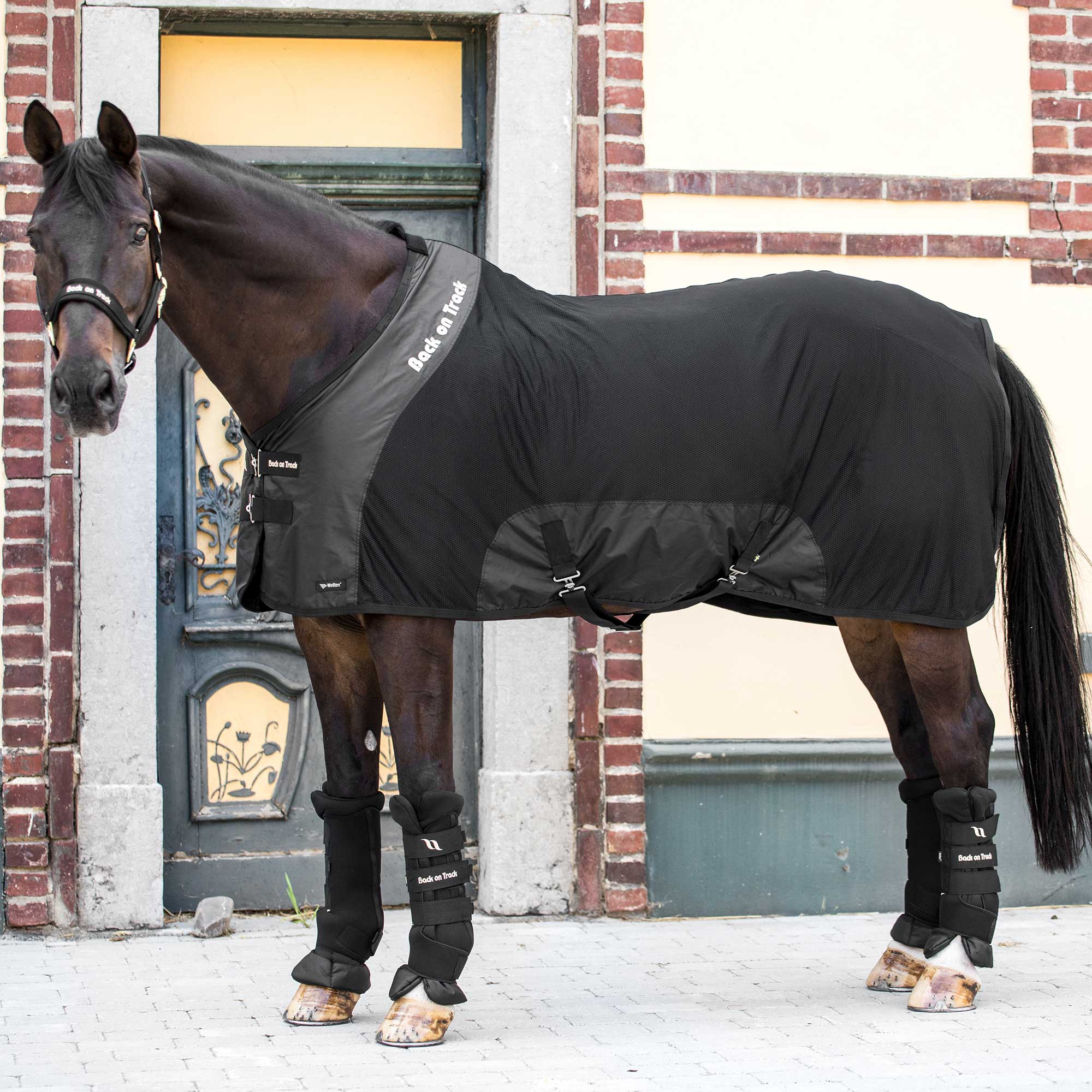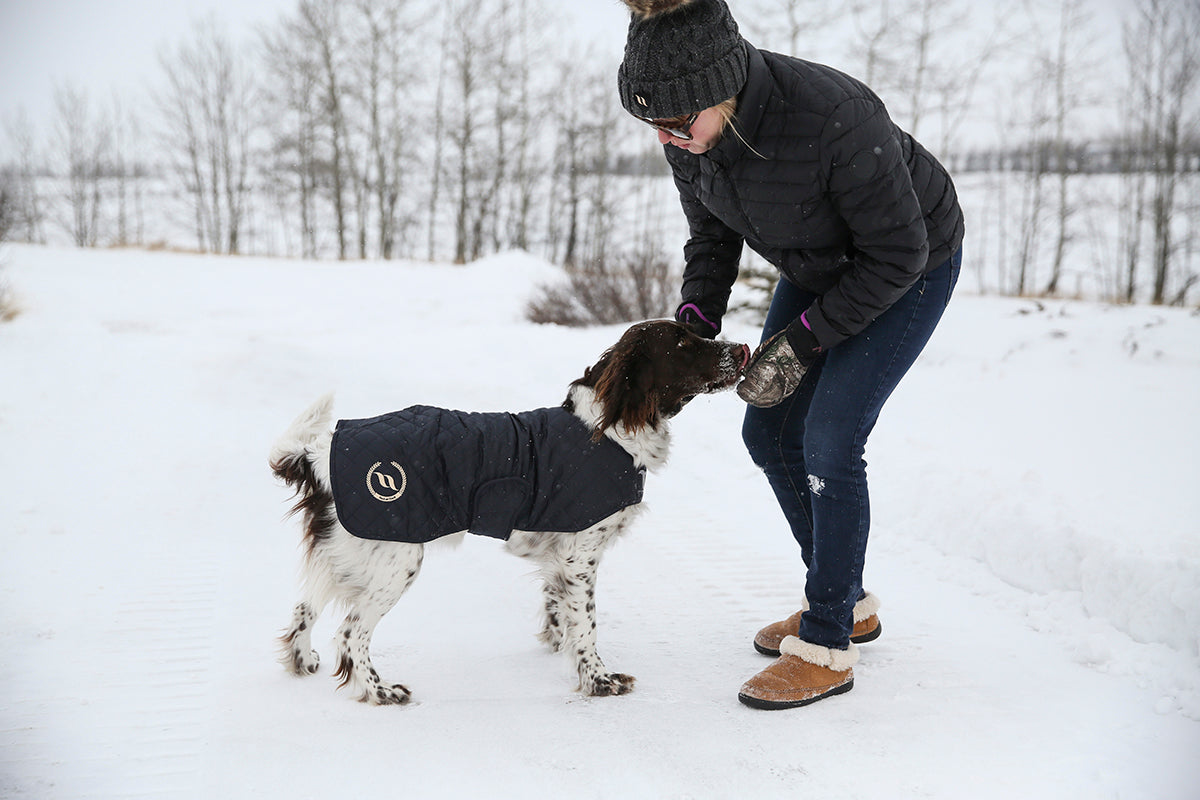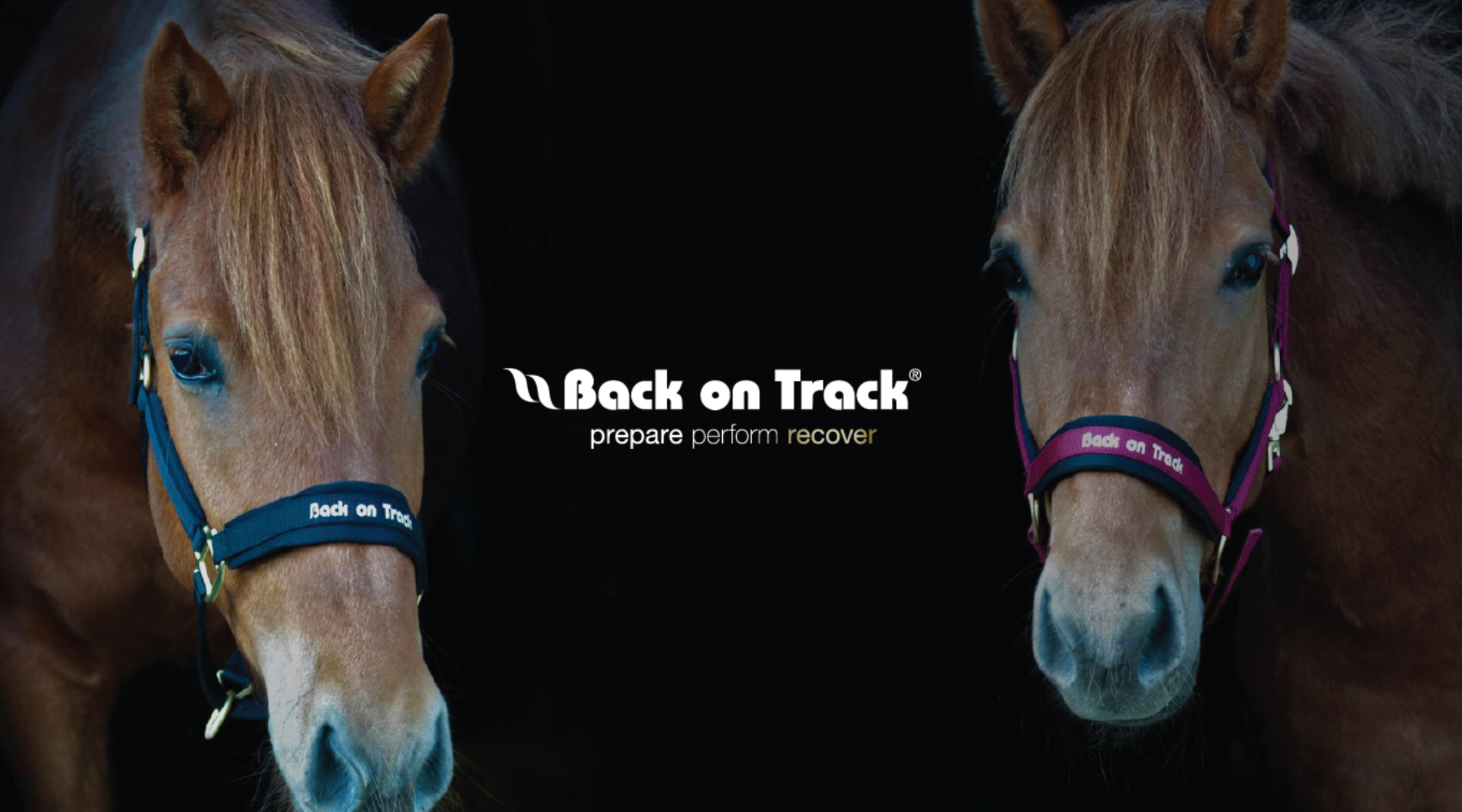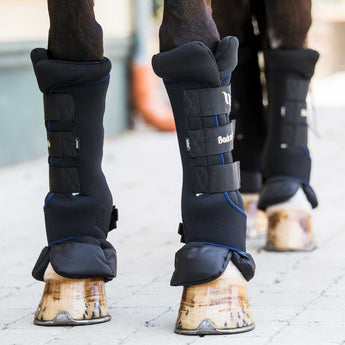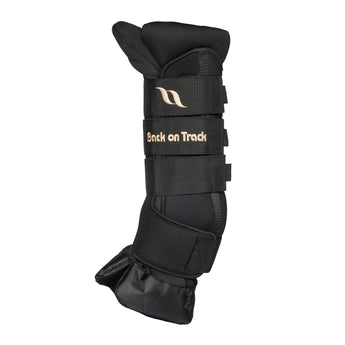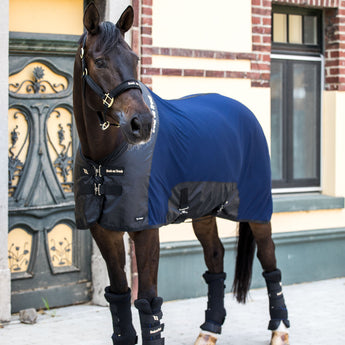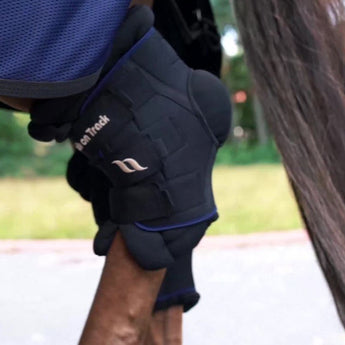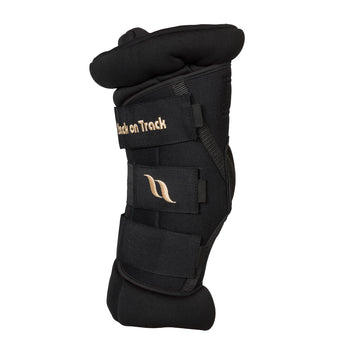Many veterans struggle with unseen battles long after they leave active duty. These heroes often need help on their journey to healing as they transition to civilian lives, but sometimes, traditional mental health treatments alone aren't enough.
In recent years, equine-assisted therapy has become a central part of many veteran treatment programs. Horses have a powerful ability to promote healing and transformations in veterans, especially those who have post-traumatic stress disorder (PTSD).
Keep reading to learn more about the benefits of equine-assisted therapy for veterans and discover how Back on Track supports the horses who help our heroes.
What is Equine-Assisted Therapy?
Equine-assisted services include activities that incorporate horses for the benefit of humans. Health professionals working within their scope of practice oversee equine-assisted therapy.
Mental health professionals commonly work with equine specialists to use horses for equine-assisted psychotherapy or counseling. Equine-assisted therapy is widely used to treat mental health conditions and help patients develop self-awareness, empathy, and problem-solving skills.
Horses are responsive to the patient's emotions, which provides immediate, valuable feedback for therapeutic contexts. The trust, connection, and confidence patients build with horses can be transferred to relationships with themselves and others.
PTSD in Veterans
Research suggests US military veterans experience high rates of mental health disorders, of which PTSD is the most common. One study found that up to 80% of veterans with PTSD have complex PTSD, which can increase the risk of mood, anxiety, and substance use comorbidities.
Evidence-based psychotherapies for PTSD exist, but many veterans do not respond to or never complete treatment. Participating in complementary interventions that enhance treatment engagement, such as equine-assisted therapy, can help improve veteran outcomes.
Equine-Assisted Therapy Benefits
Equine therapy provides a safe environment for veterans to work through their trauma and explore their emotions without judgment. This process can have long-lasting benefits for veterans that transfer to several areas of life.
Mindfulness and Engagement
Horses are intuitive animals who can sense when humans are upset, anxious, or stressed. They act as a mirror for veterans to understand their emotions better and become more mindful. Unlike other therapeutic methods, horses provide real-time reactions.
The honesty of the horse's reactions encourages veterans to engage without fear of judgment. Horses can also respond in a calming and soothing way, which helps veterans feel more at ease.
Trust and Communication
Interacting with horses requires clear communication. Veterans learn to read and interpret nonverbal cues, which is also beneficial for building relationships in other areas of life. This process increases feelings of connection while reducing feelings of isolation.
Developing a bond with a horse requires effort and patience. Horses teach veterans the value of trust-building as they deepen the relationship and gradually gain their trust. The process provides insights into bridging gaps in human relationships.
Confidence and Leadership
Horses help veterans who have lost a sense of control in their lives by teaching them to regulate their emotions. Veterans become empowered by learning they can influence and direct a large animal's actions.
The leadership and problem-solving skills gained in equine-assisted therapy also improve self-esteem and help veterans realize they can influence their destinies.
How Horses Help Veterans
While more research is needed, recent studies show the benefits of equine-assisted therapy can have profound effects on veterans. One review found equine therapy effectively reduced symptoms of depression, anxiety, and depression in veterans.
Case studies suggest equine therapy can make breakthroughs when traditional forms of therapy can't. One case study reported the successful treatment of a veteran who had been experiencing symptoms of PTSD for over a year after participating in six weeks of equine therapy.
Resources for Veterans
PATH International, a non-profit organization offering education and credentialing for equine-assisted activities, maintains a database of over 300 PATH Intl Centers offering veterans services at pathintl.org/find-a-program.
Learn more about PATH International's Equine Services for Heroes® on their veteran's resource page.
Remember to always consult a doctor or licensed professional about any mental health concerns.
Back on Track Veteran Services Grants
Back on Track partnered with the Equus Foundation, a national animal welfare charity dedicated to horse welfare and the horse-human bond, to develop a program that supports the horses who help our heroes.
EQUUS Guardian Charities that provide Equine Assisted Services for veterans nominated horses in their program for the Back on Track Veteran Services Grants during the application cycle. Learn more about the program on the Equus Foundation website.
Stay tuned and subscribe to the Back on Track Bulletin to learn more about the special horses who received grants this year.
References
- Li, J. et al. Equine-assisted interventions for veterans with posttraumatic stress disorder: a systematic review. Front Psychiatry, 2023.
- Proven, M. et al. Are equine-assisted services beneficial for military veterans with post-traumatic stress disorder? A systematic review and meta-analysis. BMC Psychiatry. 2024.
- Marchand, W. et al. Equine-Assisted Activities and Therapies for Veterans With Posttraumatic Stress Disorder: Current State, Challenges and Future Directions. Chronic Stress. 2021.

